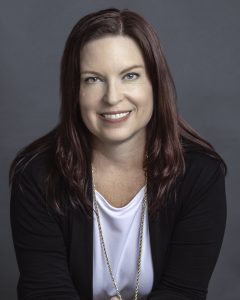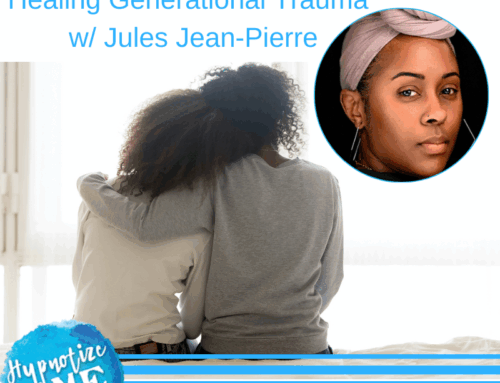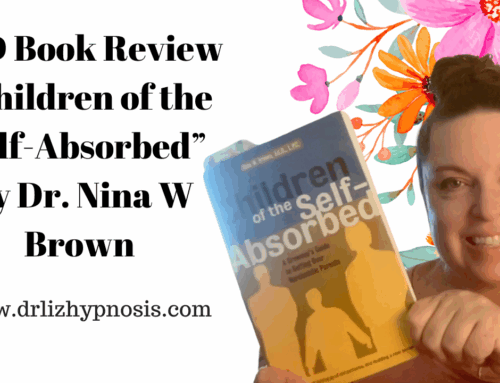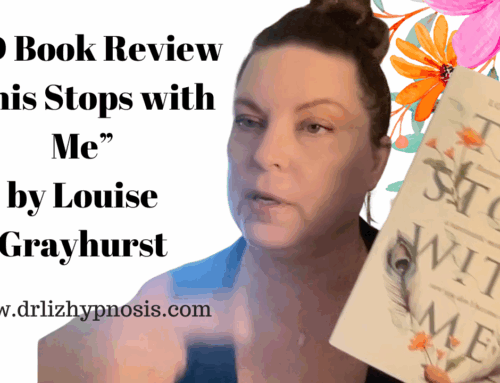When a Narcissistic Parent Dies with Dr Liz
Transcript
Hi, Dr. Liz here. I’m doing a series on narcissistic parents. Now I want to talk about what happens when a narcissistic parent dies. Hey, because this can be really complex for people going through grief, for children going through grief, adult children of the narcissistic parent. And often they feel relief and that’s very confusing to them unless they’ve had some education around the fact that that’s normal. It is normal to feel relief when a narcissistic parent dies. Okay? I went through this myself and my narcissistic mother died in 2013. And I had a business partner at the time who was a specialist in grief. And so she really helped me navigate some of that. I was incredibly sad. The sadness was actually very surprising to me because she had been emotionally abusive for a very long time. But at the end, she had Alzheimer’s and had really lost her mind for several years, which surprisingly felt very healing to me because then she reverted it to a childlike state.
And so a lot of the abuse stopped, honestly, like it stopped. She didn’t have the mental capacity to do that anymore. To put me down, to question my choices, to guilt me, you know, all this different stuff stopped. So there was that period, but still pretty intense sadness came up when she did pass away, as well as relief. Like this is done. I’m released now. Um, I don’t have to have this relationship. That’s been so painful to me in my life. So grief can get complicated when you have, and a narcissistic parent or an abusive parent. Hey, it is not all like one feeling, all kinds of different feelings come up. So please be aware of that. Also be aware of those five stages of grief were disproved like 20 years ago. Okay? So people feel all those feelings that they, that Elizabeth Kubler Ross describes in the five stages of grief, but not in that order. There’s no real stages.
Also be aware that grief peaks at about two years after the death. So you have this initial period of intense feelings, and then it dies down a little bit, but you’re still dealing with all the grief feelings as the holidays roll around as birthdays happen, all these anniversaries. But the peak of that actually happens around two years after the person dies. So people will often wonder like, is there something wrong with me? Why am I having these intense feelings again? Why is it coming up for me? Please know that that’s normal. Hey, there’s nothing wrong with you. You were going through normal grief. Now, one way to work through that is to figure out what kind of internal relationship kind of mental and relationship are you not going to have with the person? Cause these people keep living quote-unquote in our lives, right?
In our minds and our hearts and for an adult child of a narcissistic parent, that is a big decision actually. Like what kind of relationship do I have now with my parent? Because if you haven’t done any work around this, any kind of therapy, then often that parent continues to have a large influence on your self-worth on your self-esteem on how you see yourself. Now, if you have done some of that work and you have begun to heal your self worth, your self esteem, your identity separate from them, then that’s a slightly different process for you in that relationship in terms of memory, your memory of them and how you remember them or what you’re going to do on the anniversary of their birthdays or deaths that becomes a little bit easier task. If you have that internal sense of worth. Your internal sense of I’m okay, everything is okay here and I can continue my life. And now I can actually live my life in a very full way and release perhaps some of the guilt that went along with that relationship or some of the obligation that went along with that relationship, that’s really important to release as a grown-up child.
So those feelings come up and you’re like, okay, no longer obligated here, no longer struggling here, no longer have to deal with that aspect of this relationship, but still needing to think about some of the internal aspects that they’re really, I know for me, I did some pretty deep hypnosis, a core healing hypnosis and worked on some forgiveness and compassion with my mother, with both my parents, but in particular, my mother, and that really helped me heal from that relationship and have a much better sense of myself, really like a better, more solid sense of who I was.
And that was in my forties that I did that. So, you know, this is it, it is never too late to say that, right. Like forties is not even that old to do that. A lot of people start therapeutic work in their forties, sometimes thirties. And um, if you’re a therapist maybe in your twenties, even, I don’t know, like people do therapeutic work all along their lifeline, their lifetime, their lifeline, really. But, um, but then just saying, it’s not atypical for someone to someone in their forties or their late thirties when perhaps they’ve had kids or they want to work on this stuff or they’re changing careers, you know, all kinds of stuff happens around there. Where they’re like, okay, I want to work on my relationship with my narcissistic parent, whether they’re still alive or whether they’ve passed away. And really that’s about working on your relationship with yourself, okay?
Who are you? Because a narcissistic parent will overwhelm you. They’ll try to make you into who they want to be. And they try to make their approval of you. Very, very important, which it naturally is as a child because your survival is based on it. But as you grow up into an adult, it really should be less important to you. It shouldn’t overwhelm or guide your life. And often children of narcissistic parents find that it does. So there’s some work to be done there. All right. Um, I’m going into other topics now. And this video is really about grief when a narcissistic parent dies. So I’m going to go ahead and wrap up. Remember there’s stuff over at my website, Dr. Lizhypnosis.com, like free hypnosis, files, meditations, and I’d be happy to work with you. If you want to come into my office. I am a specialist in adult children of narcissistic parents. Hey, I do hypnosis all over the world so I can work with you on a hypnosis kind of basis, but in terms of talk therapy only in Florida. Okay. So I’ll talk to you soon. Peace
If you would like to read additional resources about whether you were raised by narcissistic parents, taking a look over at https://www.choosingtherapy.com/raised-by-narcissists/

I work with people all over the world. If you want to feel better and have a transformed life, grab your Free Consultation with me to get the deets on working together (the how, the when, the where, and the how much)!
Click to Schedule a Free Consultation
Peace and Health,
Dr. Liz






